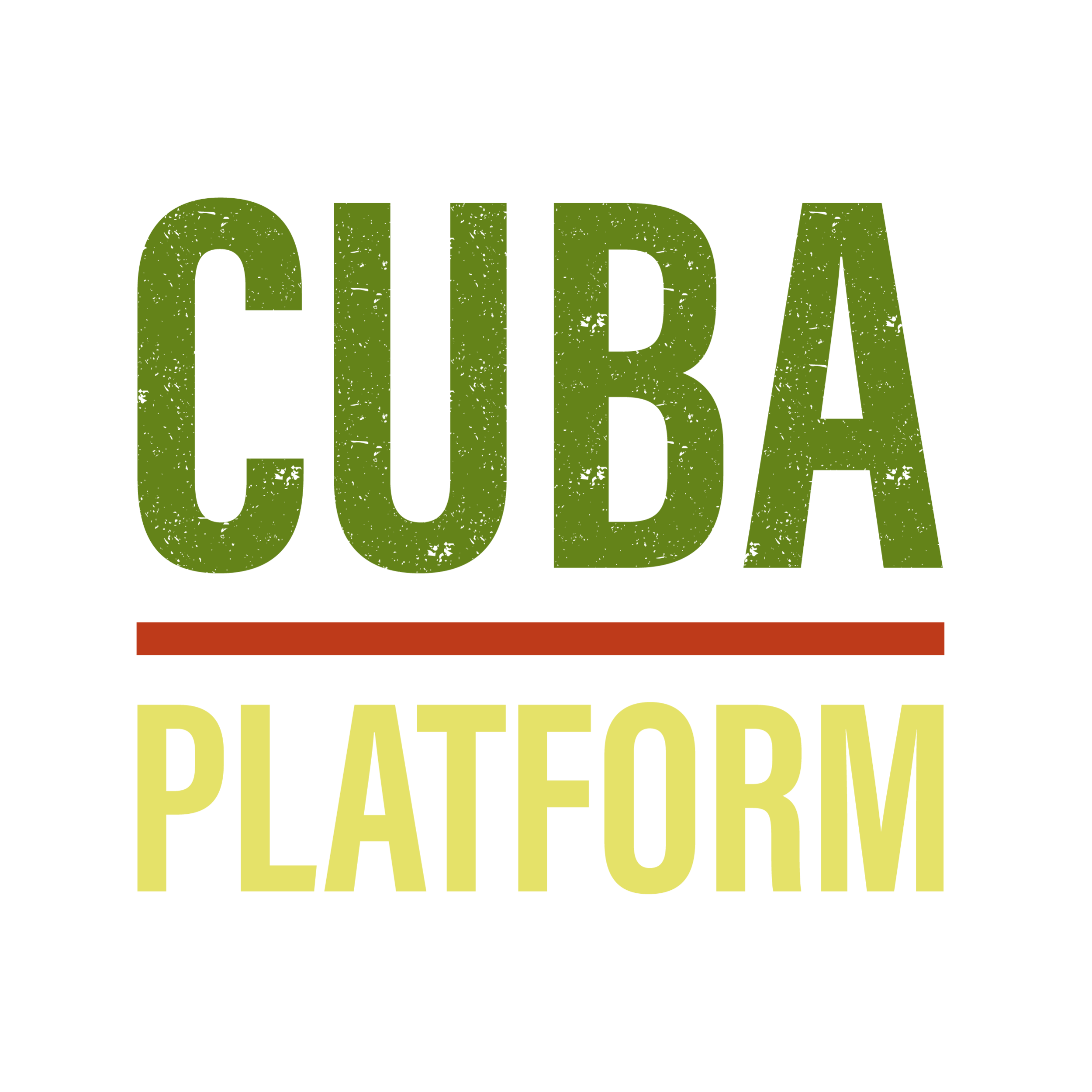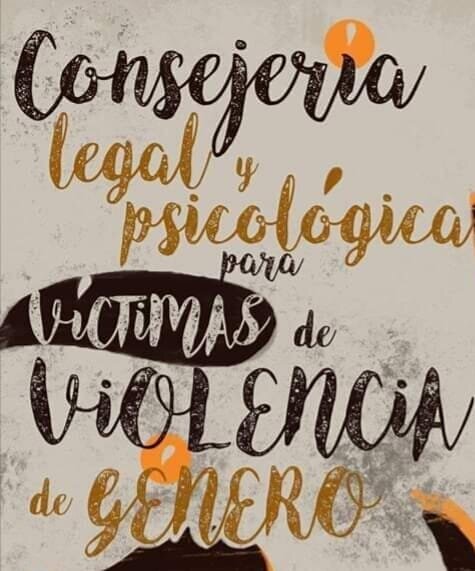Drawing on Our Strengths
Photo from Cubadebate. Original source: Nicolás Hernández/Escambray.
Dear friends and colleagues,
We hope that everyone is healthy and well. Thank you to all who have reached out in the past couple weeks to let us know how you are doing. We invite you to continue to stay in touch and send us any updates, strategies, or requests for information you would like to see included here.
In this third installment of our special weekly Caring in Crisis (#COVID-19) newsletter, we share updates on the spread of and responses to the virus in Cuba as well as its special impact on women; notes from our global network; and a reflection from Havana on the value of quiet.
But first, an important update on US-Cuba policy. On March 31, an airship containing medical supplies was unable to reach Cuba due to U.S. sanctions against the country. The supplies - including masks, ventilators, and rapid diagnostic test kits - were part of a donation organized by China's Alibaba to various Latin American countries. As detailed by Peter Kornbluh in the Nation Magazine, Cuba deserves relief from these inhumane sanctions.
Coronavirus cases: As of last night, there are 269 confirmed cases on the island and 3,241 patients with possible cases hospitalized and under observation. Another 26,587 people are being observed and attended to in their homes by medical personnel.
Suspension of Flights: Cuba has suspended the arrival of all international passenger flights and asked foreign boats to leave the country's waters.
Governmental response: The government of Cuba has declared response to the pandemic to be top priority. During this week’s meeting of the Council of Ministers, coronavirus Task Force members discussed the global crisis’s impact on Cuba’s ability to import foods, the devaluation of the foreign currencies the island deals in, and issues with access to fuel. They also considered the complicating impacts of the new measures added to the U.S. blockade in recent months. Gil Fernández, Minister of Economy and Planning, said: "We must focus on our strengths. First, centralized planning, that gives us the ability to allocate material and financial resources when they are most needed and not where the market might direct them."
Women during COVID-19: As various Cuban organizations and press are pointing out, the coronavirus could exacerbate gender-based inequalities experienced by women, who comprise 70 percent of the healthcare work force and also shoulder most of the caregiving work in the home.
Protecting women and caregivers in the workforce: The government of Cuba has passed a measure to protect mothers or other caregivers who must take time away from work to care for young children during this time of crisis; they will continue to receive 100% of their salary during the first month and 60% the second.
Evolve: "Evoluciona," The Cuban campaign against violence toward women continues to call attention to the greater risk of domestic violence during self-quarantine and to publicize services for support and counseling.
Don’t let physical isolation become emotional isolation: john a. powell, a colleague of the Cuba Platform reflects on belonging, care for each other, and interconnectedness.
The benefits of silence: the quiet of physical separation and self-quarantine may seem strange at first, but they could also have benefits. The Club del Espendrú organizes monthly events on self-care and well-being for Afro Cubans and others living in Havana. In place of March’s meeting, they offered a reflection (included below) on the benefits of silence and quiet.
Take good care,
Sarah, Justine and Mariakarla
REFLECTION: Los beneficios del silencio y la quietud se han visto por estos días
más que nunca, en un mundo que está en pausa. Y es que el ruido
mental y ambiental ha provocado grandes efectos negativos en
los seres humanos y en el planeta. Para nuestra actividad de
masaje el silencio es fundamental. Cuando comienza la sesión de
masaje nosotras acallamos la mente y los receptores del masaje
también lo pueden experimentar.
El silencio y la quietud a veces son difíciles
de lograr.
Les cuento que se hizo un experimento donde se les pidió a los
participantes que se mantuvieran 15 minutos sin hacer nada. La
única posibilidad de distracción era darse descargas eléctricas
voluntarias y el 67% de los hombres y el 25% de las mujeres
pre?rieron darse descargas en vez de estar tranquilos y en
silencio. Y es que vivimos en un mundo regido por la economía de
la atención, sugerencias, distracción bombardeo de información,
continuas interrupciones en el trabajo, todo un arsenal de
actividades que nos distraen de tener un tiempo a solas con la
persona más importante de nuestra vida: nosotros mismos. Es
como si le huyéramos a la soledad, a ese tiempo de dedicarnos a
nosotros mismos y entonces estamos todo el tiempo
dedicándonos a otras cosas externas.
Cuando nos alejamos de los beneficios del
silencio y la quietud
Todo esto provoca una sobrecarga cognitiva que agota el
cerebro, pero no solo lo agota de energéticamente. Las funciones
de nuestro cerebro son eléctricas y bioquímicas. Cuando
estamos sobrecargando nuestro cerebro de pensamientos, de
ruidos lo estamos haciendo trabajar el doble o el triple y no le
damos tiempo a la regeneración natural de las células en nuestra
masa encefálica. Cuando la presión es excesiva el cerebro se
desconecta o se bloquea. Y por eso hay personas que se quedan
en blanco ante un examen o cuando están explicando algo y se
quedan en blanco.
Los expertos han llegado a la conclusión de que el ruido mata. Se
ha hablado sobre la contaminación acústica y sonora, que no es
tan solo de los sonidos externos, sino también de ruidos internos
que estamos generando en dialogo interno. Cualquier ruido es
capaz de disparar mecanismos de secreción hormonales que
ponen al cerebro en estado de alerta.
Hay otros ruidos que nos paralizan como los rumores, las
alarmas el pánico, las grandes preocupaciones y hasta los
miedos. En estos días ante la situación que se está viviendo en el
mundo el pánico se está usando como alternativa de
enfrentamiento. Hay una gran diferencia entre percepción de
riesgo y toma de medidas preventivas y crear un pánico.
Recordemos que el pánico provoca una disminución del
funcionamiento del sistema inmunológico de nuestro cuerpo.
Entonces, cuando caemos en pánico estamos predisponiendo
nuestro sistema a cualquier infección de virus, bacterias o
parásitos. Y así cualquier infección puede hacer estragos
significativos en nuestro organismo. En estos momentos es muy
importante acallar todos esos ruidos. Son momentos en los que
el silencio es muy importante.
Dra. Suney Peña, Reflection provided courtesy of the Club de Espendru





